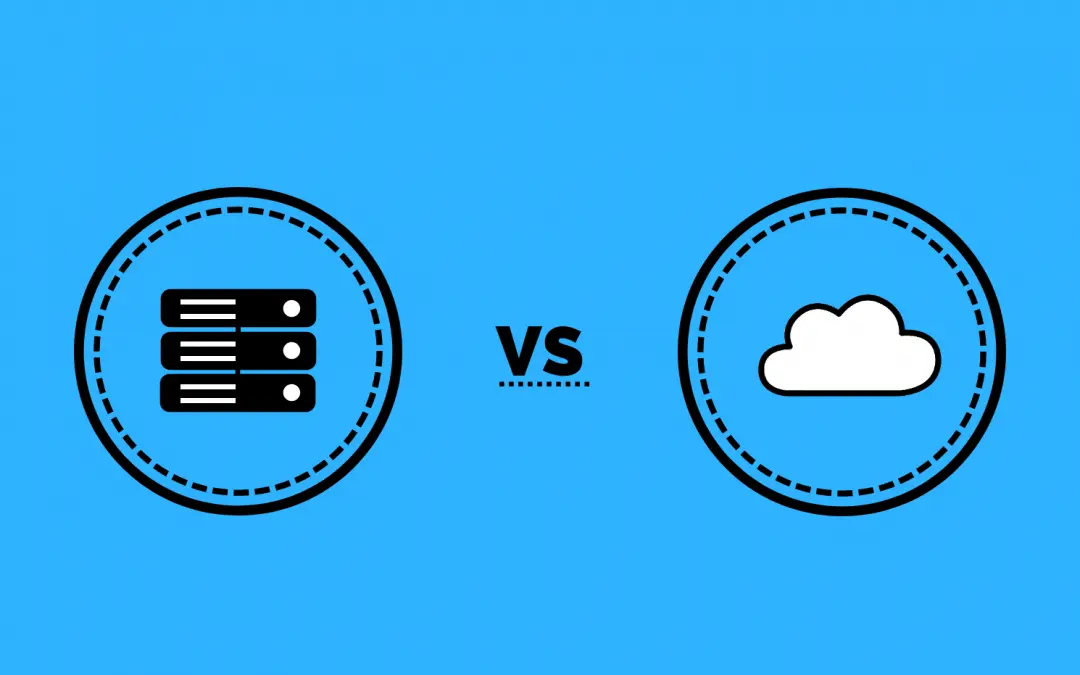When choosing technology resources for your business, you have several data storage options available. Companies can choose to save data on-premises or in the cloud. Depending on your company’s remote working needs, your business might choose both through service providers like Striim on prem.
Understanding the pros and cons of on-premises vs. cloud data can help you choose the solution that fits your budget and data storage needs.
What is on-premises storage?
Businesses with on-premises storage rely on data servers – usually physically in the office building. The company employs an IT team that manages the server and server maintenance. Data moves within the building to and from computers connected to the business’s infrastructure.
What is cloud storage?
When a company has cloud storage, an outside provider stores the data on its behalf. Organizations with cloud storage use the internet to access data through any internet-enabled tech device. This lets a company access its storage from anywhere in the world.
Expenses to run and maintain data storage
Cloud storage and on-premises storage have different budgetary needs. An on-premises system can be expensive, as companies must pay for hardware, installation, licensing, IT support, and more. Some companies also pay for security services to protect the servers from physical attacks.
On-premises systems also need routine maintenance and repair. When components break down, companies need to replace them. The costs can be prohibitive to many small businesses that cannot afford the expensive systems and employees who run them.
Conversely, cloud services are much less costly, as businesses do not need to pay for hardware, software, and employees. Instead, cloud service costs involve monthly subscription fees. Companies can pay for the services they use, making changes as they need to increase or decrease their storage space.
Security costs to protect data
Today’s businesses need several levels of protection for their sensitive data. When using an on-premises system, enterprises need security against hacking. They also need protection from people who would potentially damage the servers. Companies also protect access to servers with expensive security systems.
Companies that rely on cloud servers get data protection from the provider. The security is included in the monthly fees. Of course, businesses need protection on their employee devices, but the costs are minimal compared to paying for employees and cybersecurity.
Cloud providers have employees who monitor their services, and they often provide more robust security services than small businesses that rely on an on-premises server.
Mandated compliance
Some industries have mandated data compliance issues. Businesses with on-premises data storage must take care of compliance issues themselves. When companies use the cloud, the provider takes care of compliance.
When businesses use on-premises storage, they need employees who maintain compliance, and the process can be costly. Cloud storage providers include the compliance expenses in the monthly fees.
Costs and access to scalability
As businesses grow, they need to increase their data storage. On-premises storage servers have a data limit. When the servers are full, companies need to buy more. Organizations that use cloud storage can increase or decrease their storage needs, and many providers allow their customers to change their storage needs monthly.
With cloud storage, scalability involves clicking on a few boxes to increase your storage package. On-premises scalability consists in paying for more servers and software.
Wrap up
As you choose the data storage solution that fits your business, consider your employee and technology budgets. Both storage solutions have pros and cons. On-premises storage keeps data in the physical building, while cloud storage requires data to move through the internet. However, cloud storage can be more affordable and secure than on-site data.
